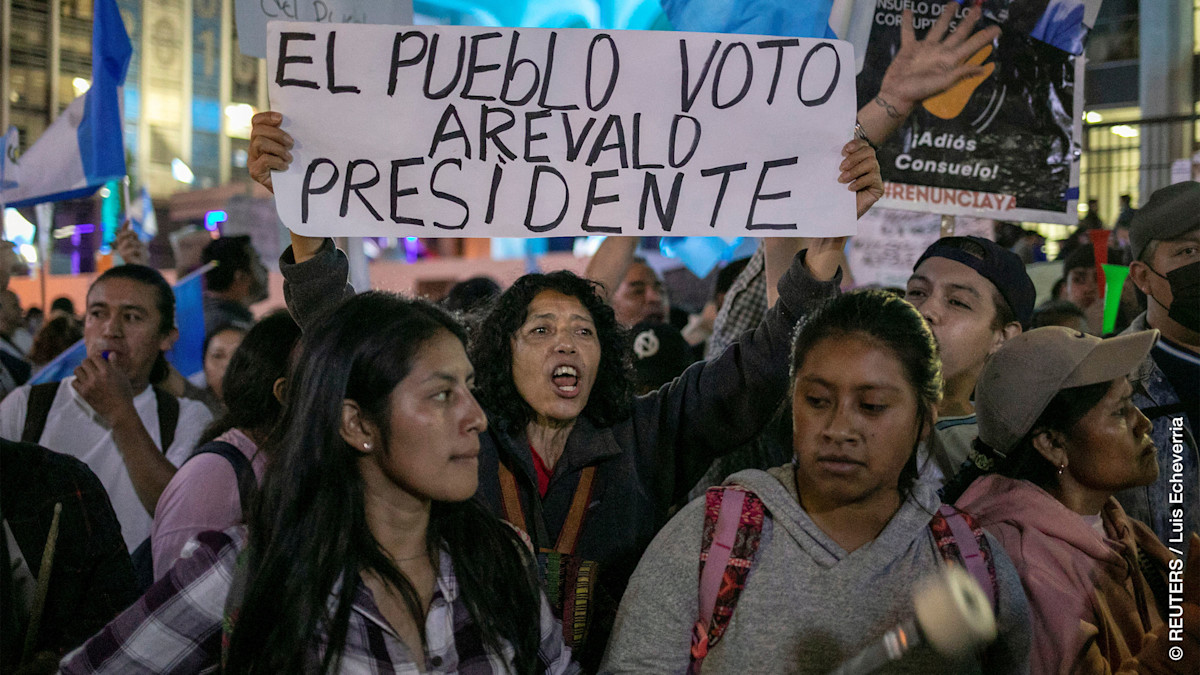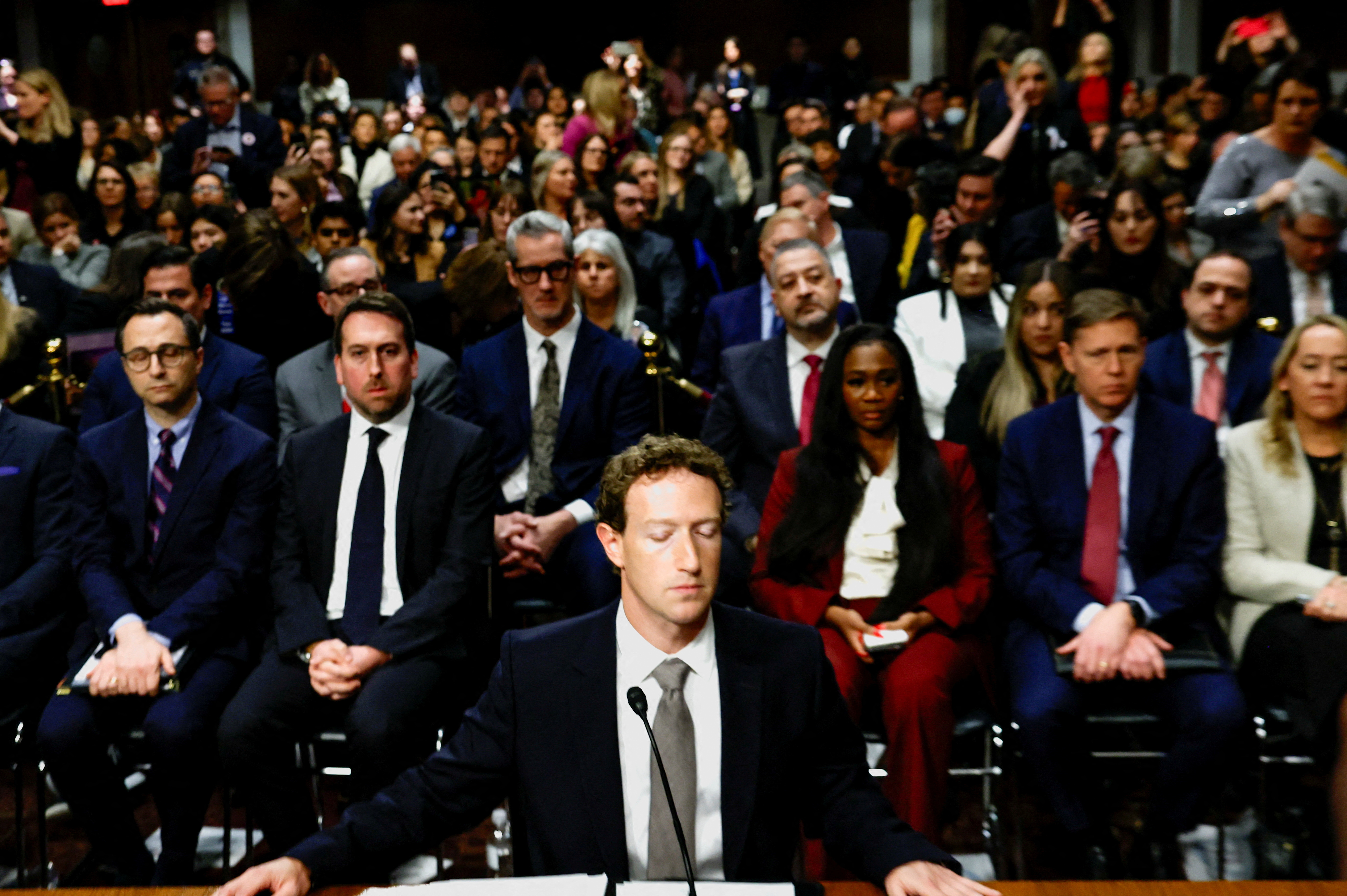As the digital age continues to unfold, a staggering 496 studies have converged to expose a troubling reality: the global rise of digital media is not merely changing how we consume information; it is actively eroding the foundations of democracy. A systematic review published in PubMed has unveiled a complex relationship between digital media usage and various political variables, highlighting both the potential for increased political engagement and the ominous trends of misinformation and polarization.
Digital Media and Political Participation
In emerging democracies, there appears to be a beneficial relationship between digital media and political participation, as reported by Nature. Citizens in these regions leverage social media platforms to mobilize and engage in political discourse, often resulting in increased voter turnout and civic involvement. However, this positive correlation starkly contrasts with findings from established democracies, where the proliferation of digital media has correlated with declining trust in institutions and diminished electoral participation.
The Dark Side of Digital Media
The systematic review reveals that while digital media can facilitate access to political information, it also acts as a breeding ground for misinformation. The insidious spread of false narratives undermines informed participation and perpetuates polarization. According to Nature, established democracies are witnessing a surge in divisive content that clouds public discourse and fuels distrust among citizens.

Guatemala: A Vote for Turning the Tide
Accountability in Journalism
The implications of these findings are profound for the field of journalism. The rise of digital media has transformed the landscape, often sidelining traditional news outlets in favor of sensationalist platforms that prioritize clicks over accountability. The Hillsdale Cloud Hub argues that media outlets must prioritize transparency and diversity of perspectives to combat liberal media bias. Yet, the challenge remains that many consumers are drawn to echo chambers that reinforce their beliefs, further complicating the quest for a well-informed electorate.
Policy Responses to Digital Disruption
As we confront these challenges, policymakers must act decisively to address the ramifications of digital media on democracy. The systematic review underscores the urgent need for regulations that promote accountability and protect against misinformation. This includes support for fact-checking initiatives and enhanced media literacy programs, which can empower citizens to navigate the digital landscape critically. The Ministry of Education in Brunei Darussalam emphasizes the importance of educational frameworks that equip students with the skills necessary to discern credible information in an increasingly complex media environment.

Tech CEOs told "you have blood on your hands" at US Senate ...
The Future of Democracy in the Digital Age
As we attempt to reconcile the benefits and pitfalls of digital media, the future of democracy hangs in the balance. The growing body of research serves as a wake-up call for advocates of democratic values. If we do not confront the existential threats posed by misinformation and digital polarization, we may face a future where democratic institutions crumble under the weight of their own fragility. The responsibility lies not only with policymakers but also with media professionals, educators, and citizens alike to cultivate a healthy democratic environment that can withstand the challenges of the digital age.

![[Video] Anti-ICE Protester Pepper Sprayed as CBP Agents Disperse Crowd in Minneapolis](/_next/image?url=%2Fapi%2Fimage%2Fthumbnails%2Fthumbnail-1768260677127-y71sb7-thumbnail.jpg&w=3840&q=75)

![[Video] Several injured as U-Haul truck drives through Iranian protestors in Los Angeles](/_next/image?url=%2Fapi%2Fimage%2Fthumbnails%2Fthumbnail-1768176682028-q95y6j-thumbnail.jpg&w=3840&q=75)
![[Video] Scuffle breaks out between Trump supporters and Anti-ICE protesters in Times Square](/_next/image?url=%2Fapi%2Fimage%2Fthumbnails%2Fthumbnail-1768165958203-hgcgb-thumbnail.jpg&w=3840&q=75)


![[Video] Gunfire between Iraqi security forces and Sadr militias in Baghdad](/_next/image?url=%2Fapi%2Fimage%2Fthumbnails%2Fthumbnail-1768343508874-4redb-thumbnail.jpg&w=3840&q=75)
